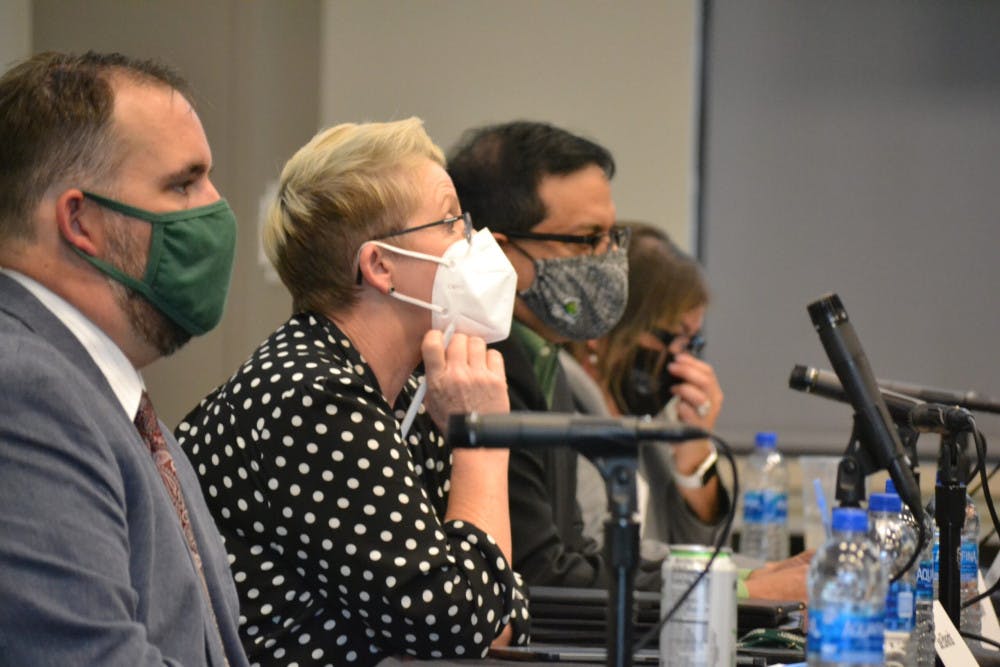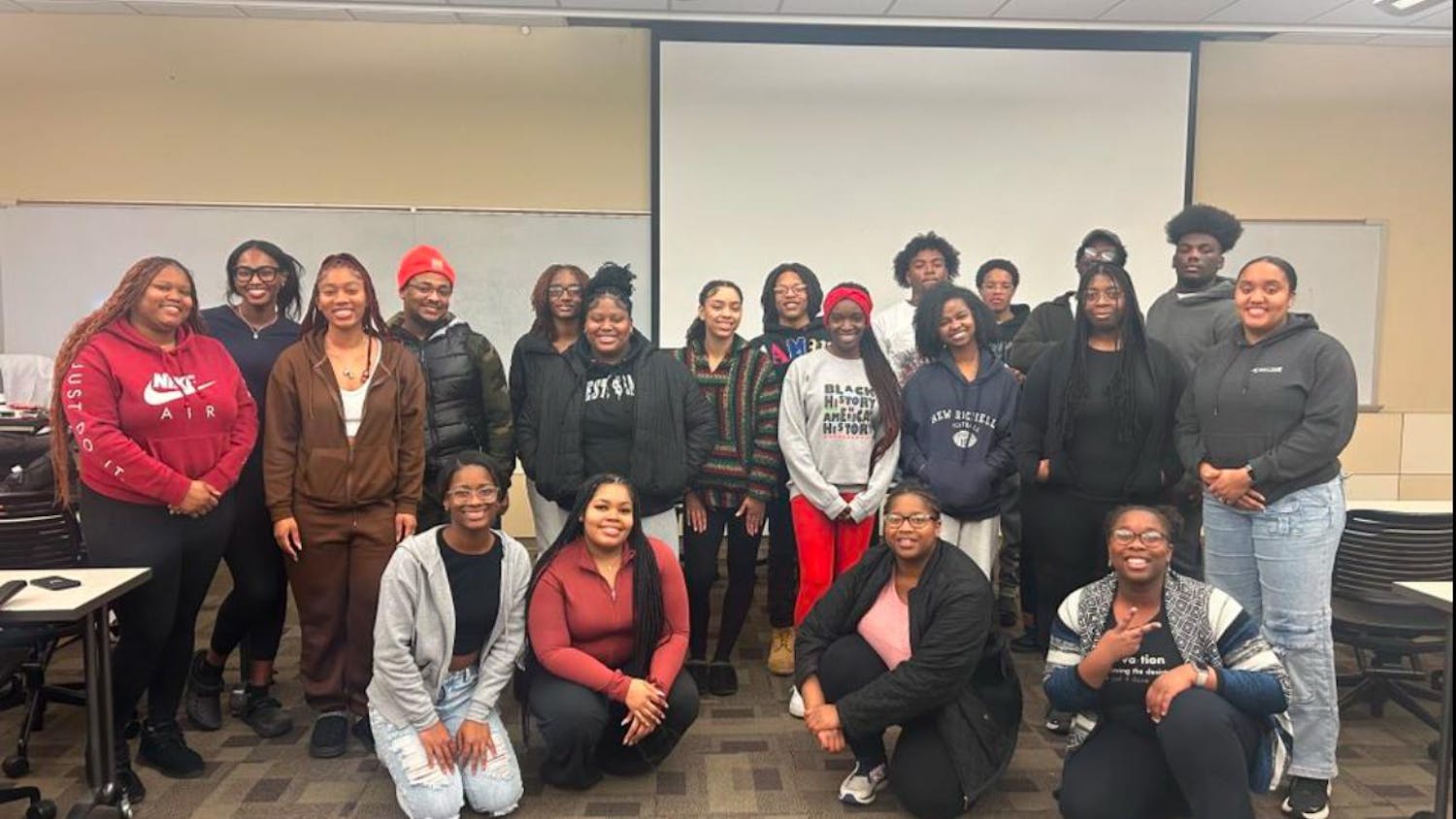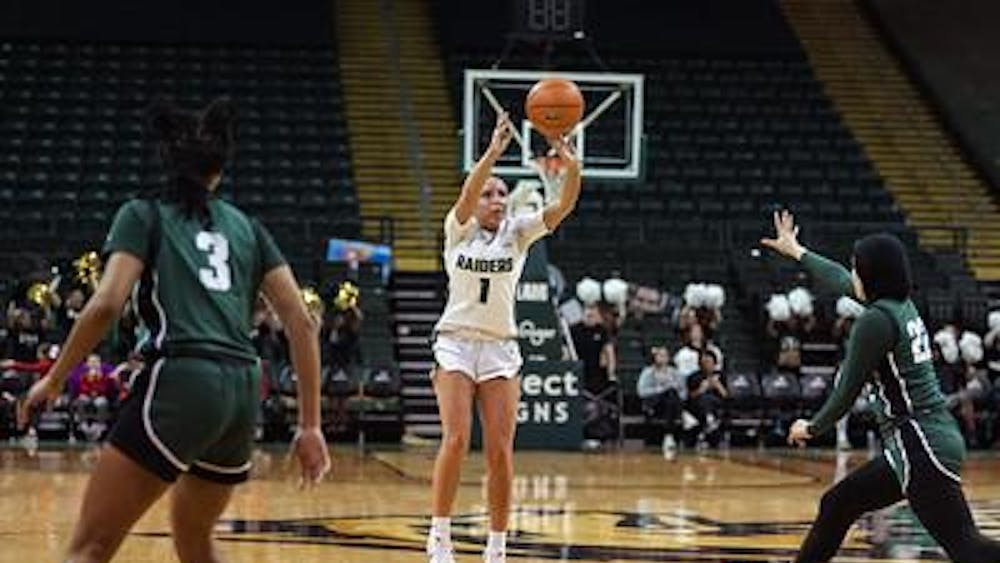Board of Trustees Meeting | Photo by Caitlin Shatsby | The Wright State Guardian
Wright State University (WSU) Board of Trustees met to discuss growing concerns in the Boonshoft School of Medicine (BSOM).
The meeting
Wright State's Board of Trustees Special Committee on Medicine and Health met Tuesday afternoon to discuss BSOM enrollment and class size.
Dr. Valerie Webber, Dean of BSOM, addressed the board on the current enrollment and class size numbers for the school.
According to her presentation, during the 2020-2021 academic year, a total of 8,974 students applied for the medical program with 3 percent of them being accepted into the school.
The average class size for the school rests at 132 students, up from 100 students last year. This is below the average class size of most Ohio medical schools. The board expressed a desire for BSOM’s class capacity to continue to meet the growing need of medical professionals in the area.

Weber responded that in order for the school to grow and admit more students, more interactive classroom settings, faculty development and additions, as well as more academic support, are needed.
“I think we are on a growth trajectory that we want to balance making sure we're giving the students that they need, while we're really struggling to meet the mission that our country needs to provide doctors,” Weber said.
Faculty opinions
BSOM faculty members also expressed their concerns regarding resources in the School. Dr. Irina Overman and Dr. Dean Parmelee addressed the board Tuesday with their concerns.
“It is a stressed education. So the goal [is] very lofty and good for us to provide more MDS for the Dayton area [and] for the United States, but the foundation of the med school is crumbling, as we keep adding more and more students into the cracking foundation,” Overman said.
Dr. Parmelee seconded these concerns adding that recruiting new faculty, especially in specialized departments like primary care medicine, would help BSOM students.
Student opinions
Medical students like Michael Harrington also notice stressed resources in BSOM. He cited packed classrooms and labs, with students shoulder to shoulder, lack of specialist instructors and lack of technological support as stressors on his education.
“Would I be more likely to become a better doctor someday if there was more room for individual attention?” Harrington said.
The Board plans to discuss business proposals that would accommodate the school’s needs while at the same time growing the school and benefiting the university.












